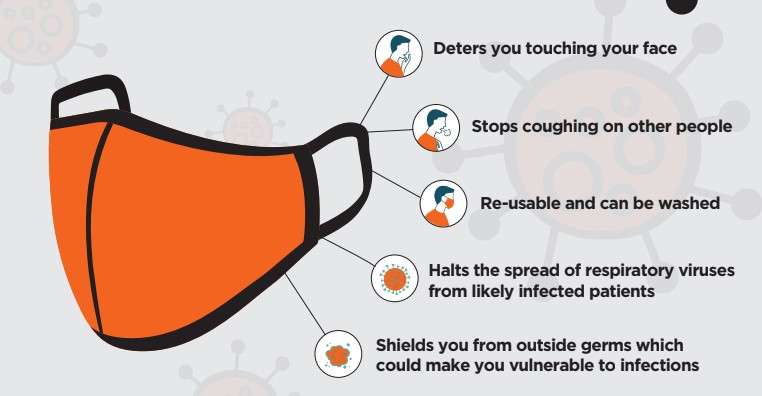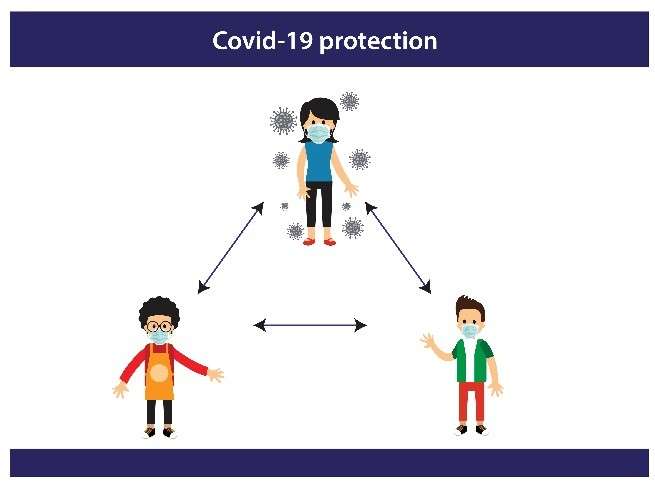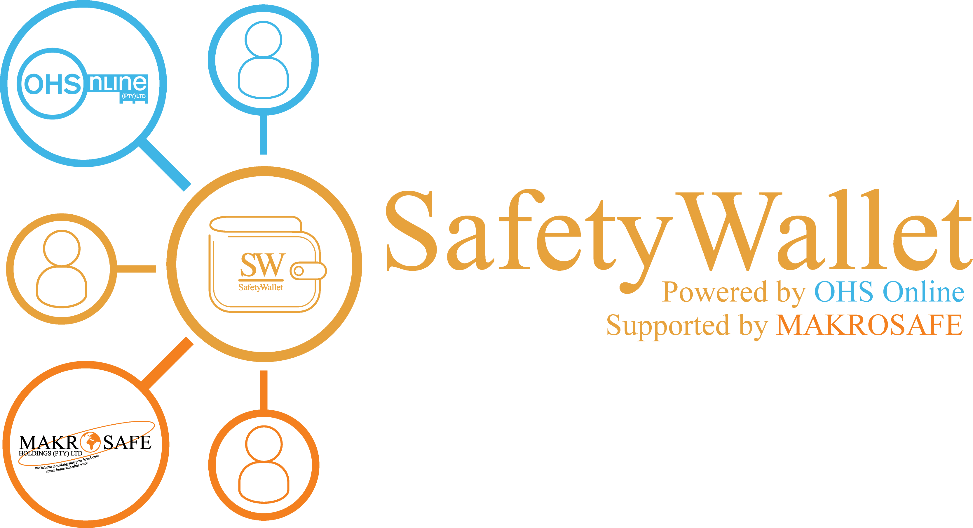South African Employers can Help Industry to Return to Normal by being Pro Active in Health and Safety
People are the lifeblood of any economy and the South African employers can play a major role in helping industries to maintain Covid-19 Government-imposed prevention policies. By adhering to health and safety measures to save lives.
This can be achieved if employers adhere to all of the preventative measures that have been introduced in the fight against the coronavirus which is claiming lives and infecting thousands of people.
Together with their employers, the employees returning to work at the beginning of May can help to achieve a health and safety risk-free working environment. Guided by Occupational Health and Safety Act 85 of 1993 for the country’s Level Four Lockdown, it is extremely important for employees to adhere to good hygiene and other health and safety precautions that have been put into place to fight the viral pandemic.
OHS consultants, MAKROSAFE, have joined in the fight against a disease that is crippling the economy and claiming lives globally. It has developed a Back-to-Work Covid-19 Prevention Kit that arms employers with everything they need to ensure a safe working environment.
At the time of writing this article, there were 2,934,639 recorded cases and 203,683 deaths worldwide. In South Africa, there were 4,361cases and 86 deaths, figures that are increasing on a daily basis.
Cloth facemasks
Although scoffed by many sceptics, health officials state that the use of cloth facemasks is an effective preventative measure against Covid-19. In fact, its use is supported by the National Department of Health (NDoH). The reason for using facemasks is that the coronavirus is mainly spread by respiratory droplets that are exhaled. The virus is spread by people infected with Covid-19 as they exhale, cough or sneeze and the infectious droplets travel through the air, infecting another victim.
The importance of wearing facemasks at work cannot be over-stressed. It is an effective preventive measure that helps to save lives and to safeguard healthy people from infection.
The NDoH has outlined the basic rules applying to the use of facemasks and guidelines.
1. Avoid touching the facemask when wearing one because touching your face is highly discouraged.
2. Never lower the facemask when speaking, sneezing or coughing.
3. Avoid touching the inner-side surface area of the facemask with your hands.
4. Ensure that facemasks entirely cover both the nose and mouth.
5. Wash facemasks regularly in hot soapy water and iron when dry.
The use of cloth facemasks in the workplace is highly endorsed by OHS specialist, MAKROSAFE. It applauds Government initiatives to prevent the spread of the viral pandemic and says that the use of facemasks, particularly in the working environment, plays an important role in promoting health and safety. Comprehensive knowledge about Risk Management and preventive COVID-19 measures helped MAKROSAFE to
Social distancing
While wearing facemasks is highly recommended, it is not a stand-alone fool-proof preventative solution.
Employers must also enforce social distancing, wherever possible, in the workplace. The coronavirus is having a devastating impact on the environment because of its air-borne nature. Keeping a distance between employees and wearing facemasks is imperative in this fight against the deadly viral pandemic. Covid-19 spreads fast. Infected droplets that land on surfaces survive for up to nine days.
Good hygiene
MAKROSAFE guides and advises employers on the implementation, control and assessment of health and safety measures. Another aspect of Risk Management in the workplace is the introduction of strict hand-washing regimes. Employers must provide their workers with hygiene protection in the form of sanitisers or soap and water at washbasins. This hygiene exercise must be performed frequently throughout the workday.
Personal Protective Equipment
MAKROSAFE is also advocating the introduction and/or continued use of Personal Protective Clothing (PPE). As infected Covid-19 droplets can land on surfaces and continue to survive for nine days, workers must be provided with PPE. This includes protective headwear, goggles, facemasks or respiratory masks, overalls and safety footwear such as boots and shoe covers.
Testing and screening of employees
People returning to work will be tested and/or screened on arrival every day. This is a Government-imposed preventative measure to establish the presence of the coronavirus and should be undertaken without complaint
The penalty for ignoring safety in the workplace
The penalty for ignoring safety measures in the workplace was recently aptly demonstrated when the Department of Employment and Labour acted swiftly and decisively against a Cape Town pharmaceutical factory.
The factory was immediately closed after 99 workers tested positive for Covid-19. The department also closed down the factory for contravening the Occupational Health and Safety Act.
According to a spokesman for the Department of Employment and Labour, the company failed to have a risk assessment plan in place. It also had inadequate sanitising and Personal Protective Equipment. After the inspection, the Department of Employment and Labour immediately closed down all operations in the factory. The pharmaceutical factory can only return to operation until the department is satisfied that all necessary safety measures have been put into place. Furthermore, a worker from the pharmaceutical factory who is currently in isolation will receive full pay and be provided with medical supplies and other necessary essential services.
This incident served to illustrate the importance of risk assessments and health and safety precautions in the working environment.
NDoH guidelines
The National Department of Health’s environmental health guidelines addresses health issues, questions and gaps in the Covid-19 knowledge-bank. The guidelines, incorporated into MAKROSAFE’s online OHS compliance platform, deal with recommendations to:
• Manage hygiene
• Control workplace and community contacts
• Decontamination, disinfection and general cleaning of places of employment
The department has also made key recommendations on Environmental Health. These include:
• Investigating suspected cases and contact tracing
• Decontaminating and disinfecting affected homes
• Monitoring the management of health care waste
The NDoH points out that because coronavirus droplets land and survive on surfaces for up to nine days, decontamination and cleaning in the workplace is essential. The department says soap or detergent can be used to clean surface areas of the premises. After rinsing off the soap residue, premises can be decontaminated with a disinfectant containing 0.5% sodium hypochlorite.
Overview
As more information about the coronavirus unfolds, MAKROSAFE updates its online information platform daily to keep employers abreast of all new developments. MAKROSAFE together with SafetyWallet offers a free Covid-19 Back-to-Work Lockdown Prevention Kit is available on its user-friendly online site.


Leave a comment